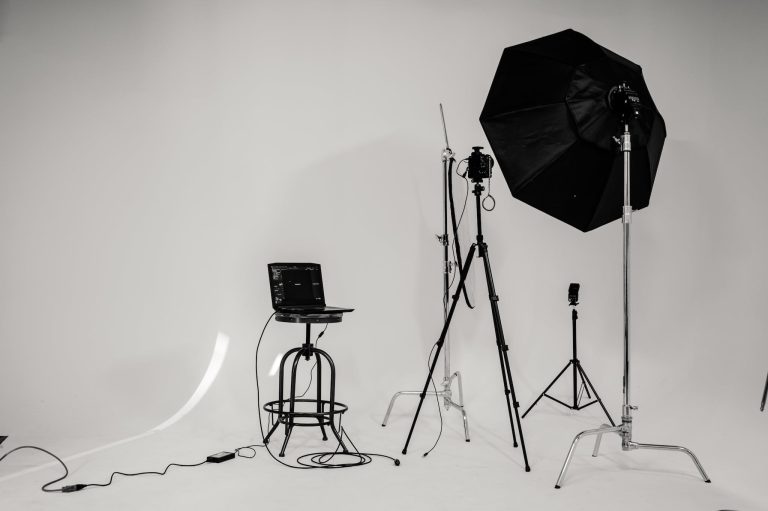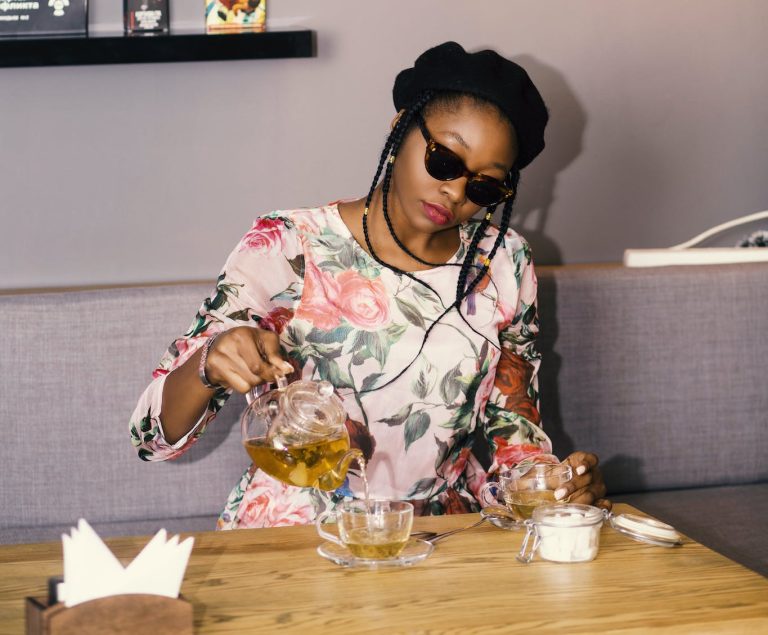The first step in appearing professional and showing your respect towards the judicial system starts with your appearance. Dressing appropriately is a form of non-verbal communication which demonstrates your understanding of the seriousness of being in a court of law. Although it might seem decadent in the grand scheme of justice, your attire can subliminally impact people’s perception of you, including the judge and the jury.
Understanding the Court’s Dress Code
Depending where in the world you are it’s important to familiarize yourself with the dress code of the court. Local courts may have a slightly less formal dress code depending on their cultural and societal norms. On the other side of the spectrum, international courts usually require a more formal and modest dress code, adhering to global standards of professionalism. Be aware though, inappropriate attire could lead to your case being postponed or might even result in a contempt of court charge.
Dressing with Professionalism and Respect
Dressing for court is not just about vanity. It is a sign of respect for the law and the people who uphold it. The courtroom is a reflection of society’s ethical standards and your attire could influence how the judge perceives you, consciously or subconsciously. The manner of your dress communicates your respect towards the institution, and can reflect either a positive or negative impression that could impact the judge’s ruling on your case.
What to Wear to Court as a Woman
Deciding what to wear to court as a woman can be somewhat overwhelming. However, adhering to the general norms of business-style attire is typically a safe bet. This could involve a well-tailored suit, a conservative dress, or a modest blouse partnered with a skirt or trousers. It’s paramount to note that the utmost respect is crucial, and showing up in casual or inappropriate attire can negatively affect your case.
Different styles certainly can work depending on the type of case or courtroom. For instance, a corporate lawsuit would call for a more professional dress than a small-claims suit. If you are more comfortable in gender-neutral or masculine attire, well-fit slacks and a blazer with a collared shirt are perfectly acceptable.
What Colors Should Women Wear to Court?
Color plays a significant role in how we’re perceived. In court, it’s advisable to lean towards neutral or dark, understated tones like navy, gray, or black. These colors typify professionalism and seriousness, which is critical in such settings. Meanwhile, overly bright or flamboyant colors can come off as disrespectful. Equally, patterns should be kept to a minimum to avoid seeming overly flashy or distracting.
Can a Woman Wear Jeans to Court?
While modern dress-codes lean more casual than in the yesteryears, a pair of jeans is generally still not considered appropriate court attire for women. Courtrooms still generally call for a level of formality to respect the decorum of the justice process. While specific circumstances might allow for less formal dress, presenting a polished, professional image is rarely, if ever, a disadvantage.
What to Wear to Family Court
When it comes to dressing for family court, one must bear in mind the unique dynamic of these court cases. Family court often involves children, and your attire should reflect an image of responsibility and respectfulness. As a woman, you might opt to dress in a manner similar to a job interview or business meeting – unassuming attire such as a knee-length skirt, a blouse, and conservative shoes. The goal is to appear responsible, mature, and ready to participate seriously in the proceedings.
What to Wear to Court as a Defendant
As a defendant in court, your appearance should reflect respect for the court and its processes. Neutral-colored, modest, and professional attire is the best choice. A tailored pantsuit or a knee-length dress with a blazer can create a positive impression. Shoes should be conservative, closed-toe, and minimal jewelry is advised. Remember, the objective is to appear reliable and trustworthy, and your attire is an extension of those qualities.
What Not to Wear to Court
Inappropriate attire for court includes casual wear like jeans, T-shirts, shorts, and sneakers. Brightly colored clothes, overly revealing outfits, and flashy jewelry could be considered disrespectful. Additionally, avoid wearing hats, sunglasses, or gum chewing in the courtroom. All these could lead to negative assumptions about your respect for the legal process and could influence the judge’s perspective.
Tips on How to Dress for Court
When dressing for court, err on the conservative side. For different court types and cases, it’s better to be overdressed than underdressed. Opt for tailored suits, dresses paired with blazers, and closed-toe shoes. Keep your makeup and hair simple and neat. If possible, seek advice from your lawyer or a professional stylist specializing in courtroom attire.
Understanding proper court attire is crucial as it influences the judge and jury’s perception. Dressing conservatively and professionally conveys respect for the legal process and can positively impact the outcome. Always remember that your appearance is a visual representation of your own respect and credibility.
Common Questions About Dressing for Court
Yes, you can but opt for low to medium heels in a conservative style.
You can wear makeup to court if you like, but keep it minimal and natural-looking to avoid drawing unnecessary attention.
Yes, but keep it minimal and natural-looking to avoid drawing unnecessary attention.
Generally, jeans are not recommended as they can be considered too casual and disrespectful.






